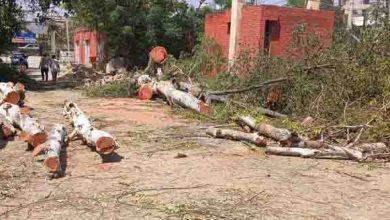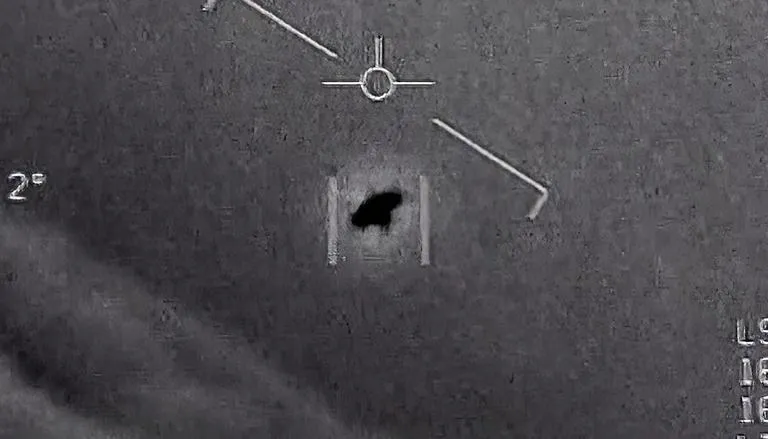Israeli planes strike targets as US seeks more time to free hostages
Israeli warplanes are striking targets across Gaza ahead of an expected ground offensive in the besieged Hamas-ruled territory. Fears of a widening war have grown as Israel struck targets in the occupied West Bank, Syria and Lebanon and traded fire with Lebanon’s Hezbollah militant group.
Two aid convoys arrived in the Gaza Strip over the weekend through the Rafah crossing from Egypt. Israel said the trucks carried food, water and medical supplies. Israel has not allowed fuel, which is critically needed for water and sanitation systems and hospitals.
The war, in its 17th day Monday, is the deadliest of five Gaza wars for both sides. The Palestinian Health Ministry said Sunday that at least 4,651 people have been killed and 14,254 wounded in the territory. In the occupied West Bank, 96 Palestinians have been killed and 1,650 wounded in violence and Israeli raids since Oct. 7.
More than 1,400 people in Israel have been killed, mostly civilians who died in the initial Hamas rampage into southern Israel. In addition, 222 people including foreigners were believed captured by Hamas during the incursion and taken into Gaza, Israel’s military has said. Two of those have been released.
Hostage release: Israel’s rejection of any ceasefire holding up breakthrough
A source familiar with the progress of the Hamas hostage release talks being brokered by Qatar was cited by BBC as saying that negotiations to get more people freed from Gaza had entered a “serious stage”.
Hamas was said to have given a “positive response” regarding the release of about 50 foreign and dual-national civilian hostages in exchange for a ceasefire and the entry of more aid into Gaza, BBC said.
The source, according to the BBC, added that Israel’s rejection of any ceasefire was holding up any breakthrough.
Hospital registers 61 deaths
Abu Youssef Al-Najjar Hospital, in Rafah, registered 61 deaths since Monday morning following a day of intense airstrikes in the southern Gaza Strip.
Talaat Barghout, the hospital’s spokesperson, said there is no room in the morgue for all the bodies, and a lack of Islamic burial shrouds — known as the Kafan — to give the dead a proper burial.
“More than half of them are lying on the (hospital) ground,” he said.
Barghout also said the hospital lacks an intensive care unit and does not have the facilities to treat burns. There is only enough fuel to keep the basic hospital going for two more days, he added.





